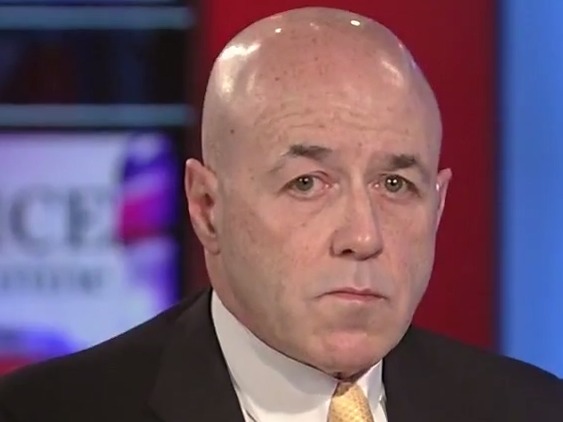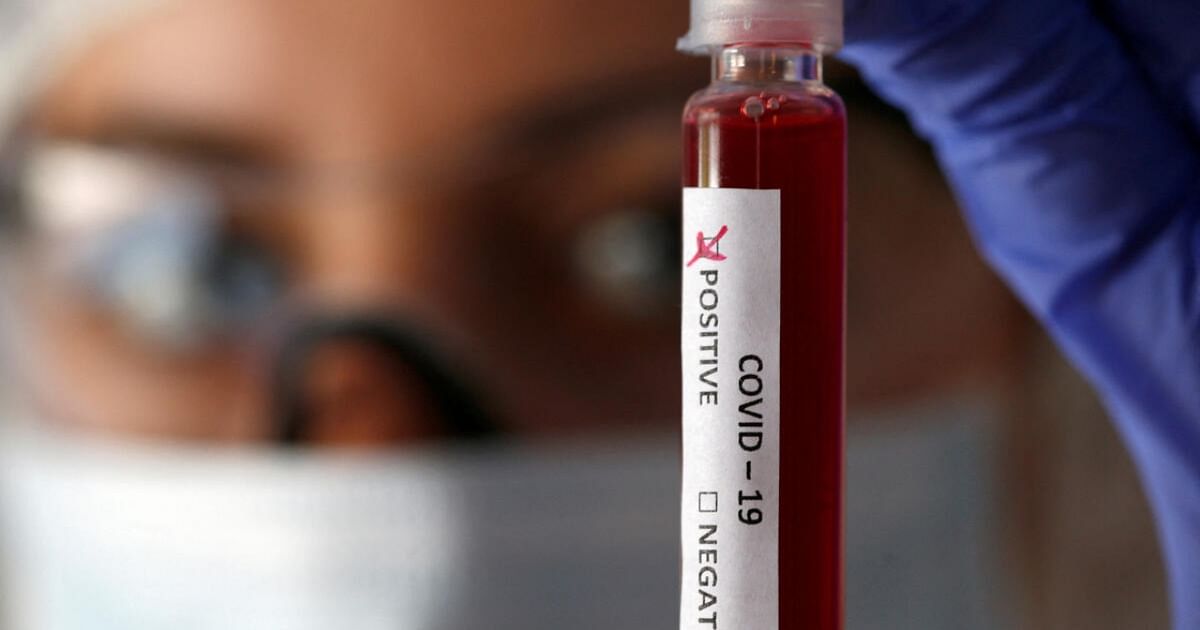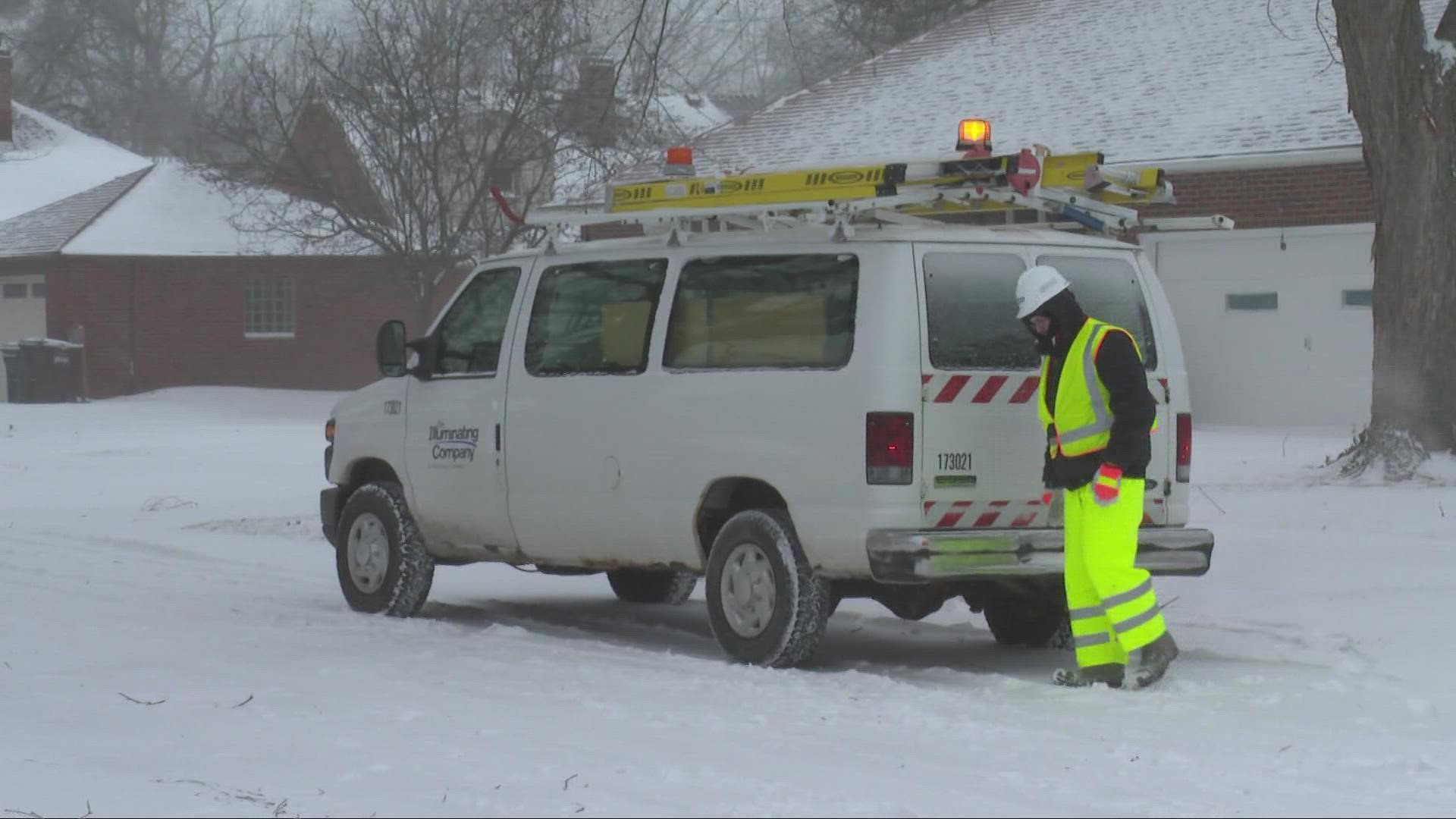Assessing The Impact Of Veterinary Watchdog Allegations

Table of Contents
Understanding Veterinary Watchdog Organizations and Their Role
Several organizations act as watchdogs, overseeing veterinary practices and investigating complaints. These include professional licensing boards, animal welfare groups like the RSPCA (in the UK) or the ASPCA (in the US), and consumer protection agencies. Their primary roles involve investigating allegations of misconduct, enforcing regulations, and protecting animal welfare.
- Examples of Watchdog Organizations: State veterinary licensing boards (varying by state/country), the American Veterinary Medical Association (AVMA), the Royal College of Veterinary Surgeons (RCVS), local animal shelters with reporting mechanisms.
- Types of Complaints Handled: Negligence, malpractice (medical errors, misdiagnosis), inadequate pain management, animal cruelty (abuse, neglect), unprofessional conduct (fraud, record-keeping violations), inappropriate billing practices.
- Investigative Processes: Complaints are usually filed, investigated (often including site visits and witness interviews), and a determination is made regarding the validity of the allegations. Penalties range from warnings to license suspension or revocation.
Types and Severity of Veterinary Watchdog Allegations
Veterinary watchdog allegations vary widely in type and severity. They can be broadly categorized as:
- Medical Malpractice: Errors in diagnosis, treatment, or surgery resulting in harm to the animal. Severity depends on the impact on the animal's health and well-being.
- Unprofessional Conduct: This encompasses a broad range of behaviors, including inappropriate communication with clients, fraudulent billing, failure to maintain proper medical records, and substance abuse impacting professional abilities.
- Animal Abuse or Neglect: Intentional or negligent acts causing harm or suffering to animals. This is often the most serious category, with severe penalties.
Severity and Penalties:
- Minor Infractions: May result in a warning letter or mandatory continuing education.
- Serious Misconduct: Can lead to license suspension or revocation, significant fines, and legal action. Reputational damage can be severe and long-lasting. The severity directly impacts the veterinarian's ability to practice and maintain their professional standing.
Impact on Veterinarians' Careers and Reputation
The consequences of veterinary watchdog allegations can be devastating for a veterinarian's career and reputation.
- Immediate Consequences: Suspension of license, loss of clients, negative publicity, and damage to professional relationships.
- Long-Term Consequences: Difficulty obtaining malpractice insurance, limitations on future employment opportunities, and lasting reputational damage that impacts career prospects.
- Clearing One's Name: This can be a lengthy and challenging process, often involving legal representation and extensive documentation.
Strategies for Managing Reputational Damage:
- Seek legal counsel immediately.
- Cooperate fully with investigations.
- Develop a proactive communication strategy to address concerns.
- Consider professional reputation management services.
Impact on Veterinary Clinics and Practices
Allegations against a veterinarian significantly impact the veterinary clinic or practice as well.
- Reputational Damage: Negative publicity can lead to a loss of client trust and a decreased client base.
- Financial Losses: Decreased revenue, increased legal fees, and potential for lawsuits can severely impact financial stability.
- Increased Scrutiny: Regulatory bodies may increase oversight, leading to further investigations and potential penalties.
Strategies for Managing Crises:
- Swift and transparent communication with clients.
- Internal investigation and remediation of identified issues.
- Legal counsel to manage potential lawsuits.
- Proactive steps to rebuild trust and improve internal practices.
The Role of Transparency and Accountability in Preventing Allegations
Transparency and ethical conduct are paramount in preventing veterinary watchdog allegations.
- Best Practices: Maintaining meticulous medical records, adhering to ethical guidelines, providing clients with clear and honest communication, and participating in continuing education to stay abreast of best practices are crucial.
- Robust Internal Complaint Procedures: Establishing transparent and fair internal mechanisms for handling complaints helps address issues promptly and prevent escalation.
- Continuing Education and Professional Development: Regular professional development keeps veterinarians up-to-date on best practices and helps avoid mistakes that could lead to allegations.
Conclusion: The Lasting Effects of Veterinary Watchdog Allegations
Veterinary watchdog allegations can have profound and lasting consequences for both individual veterinarians and their practices. From reputational damage and financial losses to career-ending penalties, the impact is significant. Ethical conduct, transparency, and proactive measures to address concerns are crucial in preventing such allegations and maintaining the public's trust in the veterinary profession. Learn more about ethical veterinary practices and resources available to address concerns regarding Veterinary Watchdog Allegations. Responsible reporting of legitimate concerns and a focus on protecting animal welfare are essential for maintaining high standards in veterinary care.

Featured Posts
-
 Guelsen Bubikoglu Ndan Tuerker Inanoglu Paylasimi Detaylar Ve Tepkiler
May 31, 2025
Guelsen Bubikoglu Ndan Tuerker Inanoglu Paylasimi Detaylar Ve Tepkiler
May 31, 2025 -
 Hospitalization Of Former Nypd Commissioner Bernard Kerik Positive Outlook For Recovery
May 31, 2025
Hospitalization Of Former Nypd Commissioner Bernard Kerik Positive Outlook For Recovery
May 31, 2025 -
 Xbb 1 16 Variant Surge A Look At The Recent Rise In Covid 19 Cases In India
May 31, 2025
Xbb 1 16 Variant Surge A Look At The Recent Rise In Covid 19 Cases In India
May 31, 2025 -
 Recent Power Outages In Northeast Ohio A Comprehensive Overview
May 31, 2025
Recent Power Outages In Northeast Ohio A Comprehensive Overview
May 31, 2025 -
 Cau Thu Thuy Linh Vong 1 Swiss Open 2025 Day Kho Khan
May 31, 2025
Cau Thu Thuy Linh Vong 1 Swiss Open 2025 Day Kho Khan
May 31, 2025
